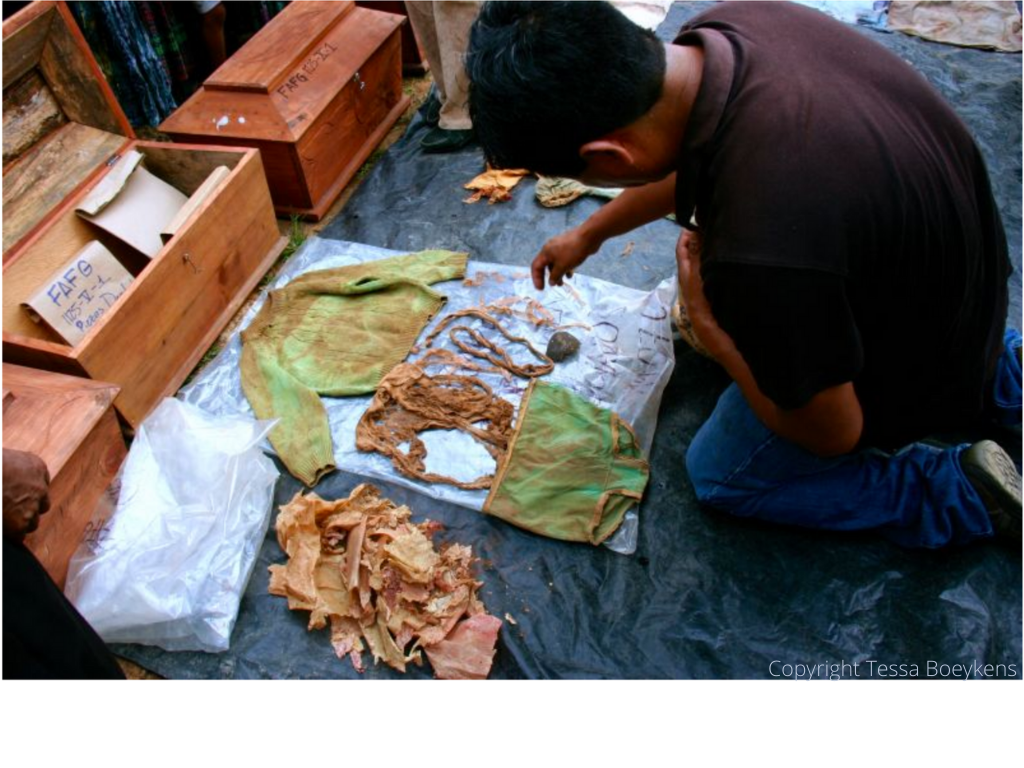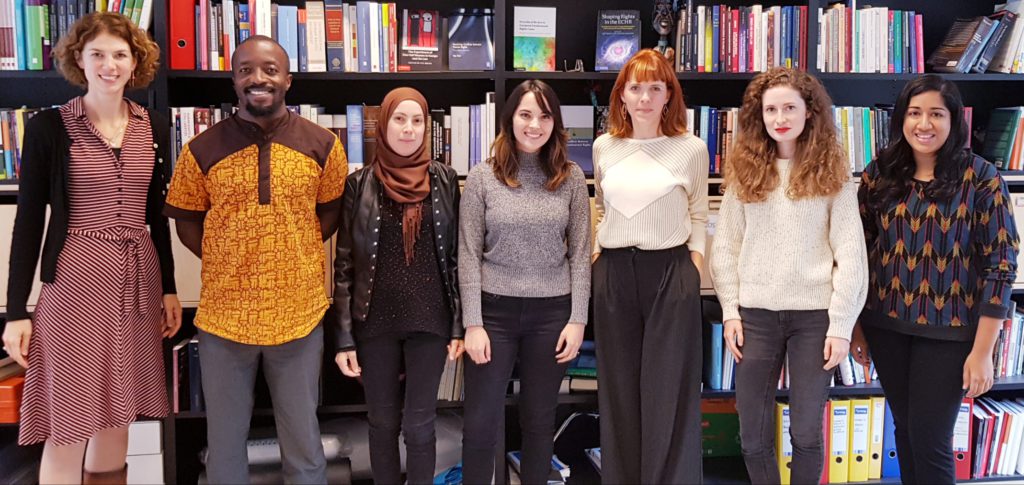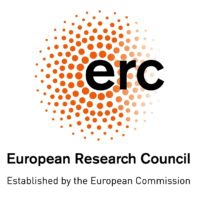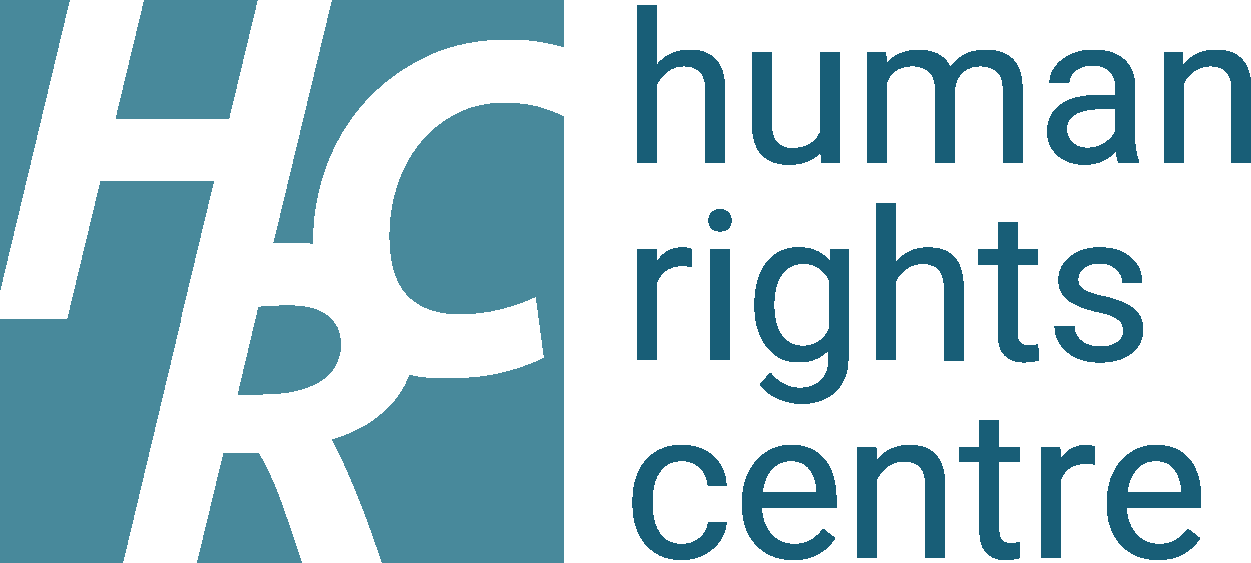Why we need more empirical research on victim participation in transitional justice
How do societies seek to come to terms with legacies of large-scale abuses in order to ensure accountability, serve justice and achieve reconciliation? And what role can victims play in this process. These are crucial questions for scholars and practitioners of transitional justice (TJ). Approaches to transitional justice are varied, yet generally four pillars are emphasised: criminal justice, truth commissions, reparations, and institutional reform. TJ practitioners and scholars alike have increasingly been turning to victim-centric, participatory approaches to increase the legitimacy and “efficacy” of TJ processes. By giving victims centre stage, stakeholders hope to better address victims’ needs, enhance local ownership and transform victims into agents of change who can carry forth processes of justice seeking after international actors leave. But what do we really know about how to best organize this victim participation or what its long-term effects are? A new ERC-funded research project by Prof. Tine Destrooper at the Human Rights Centre examines this topic.

“As long as we don’t have a better understanding of causality, we can have all the victim participation we want, but we won’t be able to credibly predict the outcomes of transitional justice interventions.”
Prof. Dr. Tine Destrooper, coordinator new ERC project on victim participation
Why do we need this research project on victim participation in Transitional Justice?
Despite the lofty rhetoric and instinctive appeal of this strategy, little is actually known about how to best organize victim participation, how it could positively affect victims’ experiences of justice, or even how it could contribute to the positive legacy of TJ processes. The need to study the effects of victim participation in an empirical manner is widely acknowledged but so far no research projects have done this in a comparative systematic theory-backed way. “For this reason, I developed this project, to help us obtain a better and evidence-based insight into how participation affects victims’ experiences and perceptions of justice”, explains Destrooper. “It has a threefold objective. Firstly, our team of researchers will conduct a systematic empirical analysis of the scope, nature and role of victim participation in TJ processes to have a better understanding of what has been tried where and how. Secondly, we will empirically investigate in a limited number of cases what the long-term, and maybe unforeseen, effects of this victim participation were on for victims and their communities. Lastly, we will establish how these insights can be used to conceptualize victim participation in ways that contribute to TJ’s goal of engendering just, stable and secure societies.”
This sounds complex. How will you examine these questions?
After our initial mapping of victim-centred TJ interventions, there will be one researcher per TJ pillar who will carry out fieldwork in a case where victim participation was claimed to be of a particularly innovative nature. These cases are Guatemala (where indigenous groups advocated innovative ways of participation in the Truth and Reconciliation Commission); Cambodia (where the – so far – most far-reaching type of victim participation in international criminal proceedings is claimed to have been implemented), Tunisia (where the participation of civil society organisations has been instrumental in shaping reparation programs), and the Democratic Republic of Congo (where victims played an important role in institutional reform in certain provinces).
For each of these cases, the fieldwork will provide insight into the ways in which victims-participants experienced their participation, how it shaped their rights understanding, and their perception of justice. What’s innovative is that we will not only proceed on the basis of qualitative methods, but that we also work with a data-expert who will facilitate the gathering of quantitative information and the implementation of experimental research components that allow for a better understanding of causality.
Throughout we pay great care to developing the methods in participatory victim-oriented ways so as to ensure the greatest degree of local relevance and stakeholder involvement, and to shy the kind of extractive research that often happens in these contexts.
How will victims benefit from this project?
“If we want to understand the long term effects of TJ interventions, we need to understand the impact of TJ mechanisms and narratives on victims’ understandings of justice”, argues Destrooper. The project is driven by a concrete and urgent information need. As result of the research we will better understand how interventions with a limited budget and scope can contribute to locally supported long-term processes of social change in post-conflict societies. “Furthermore, we aim at changing the perspective about which human rights are relevant for TJ processes, in particular, we see that economic, social, and cultural rights are often the ones deemed most important by rights-holders in post-conflict societies, but that most TJ mechanisms tend to focus civil and political rights. We also want to explore that tension in a way that is meaningful for victims and that potentially allows us to bring interventions more closely in line with their priorities”, states Destrooper.
Meet the researchers working on this project

Brigitte Herremans, Christian Cito Cirhigiri, Safa Belghith, Gretel Mejía, Prof. Dr. Tine Destrooper, Elke Evrard & Sangeetha Yogendran


